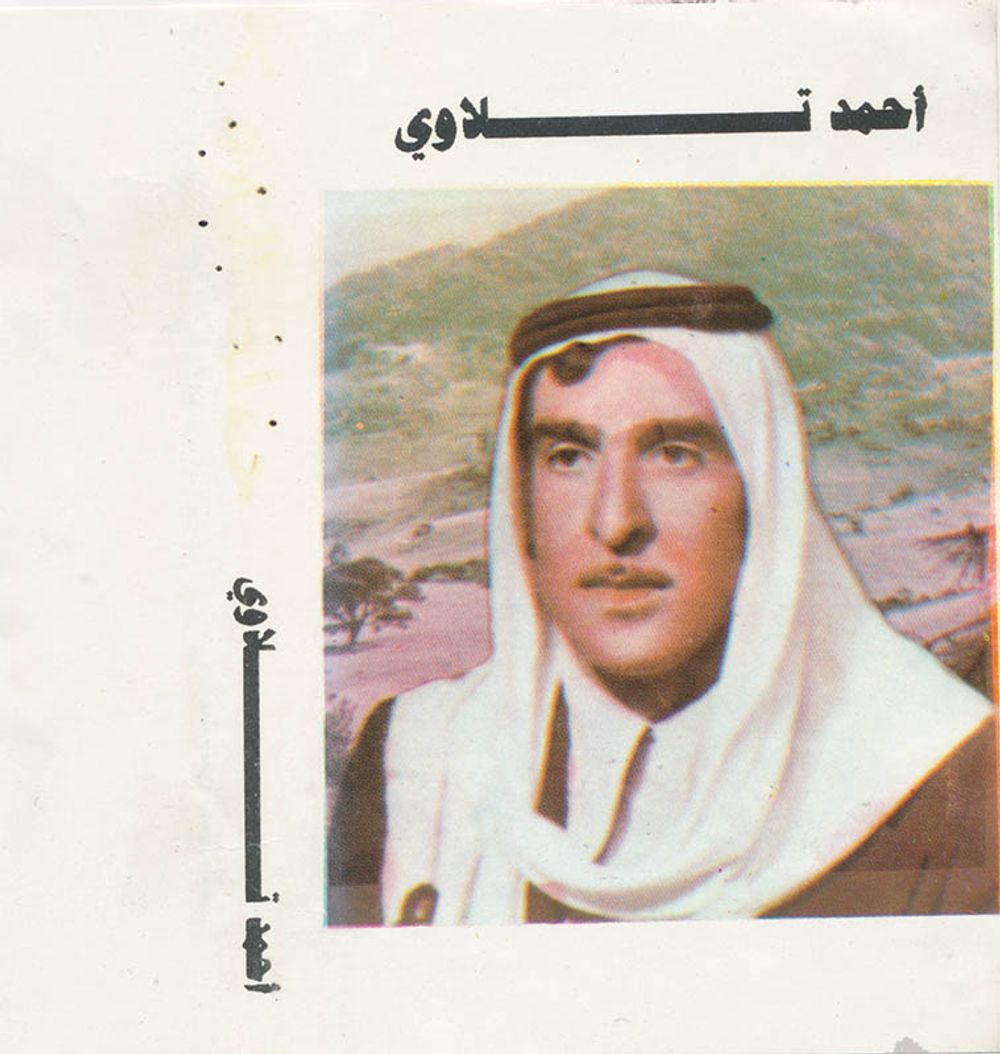

Ahmad Tilawi
Ahmad Tilawi
SIDE A
SIDE B
Artist Origin
Idlib, Syria
More Info
This cassette takes us back to the beginnings of contemporary Syrian shaabi music and the golden age of the cassette as a medium for distributing music. In it, we hear Ahmad Tilawi singing in a high-spirited and contagious mood, accompanied by a minimalist acoustic arrangement consisting of a string instrument (most likely an oud), a darbuka, and the voices of the audience who participate with singing and clapping. Ahmad Tilawi is considered a cornerstone in the recorded archive of the Syrian shaabi music scene. His was strongly present in the 1980s and 1990s, performing ataba, shaabi, mawwal, and dabke at private parties and weddings, to the extent that it became difficult to check a few cassettes in our archive without encountering his name. Sharing the stage with Tilawi was a rite of passage for entering the shaabi scene for several female and male singers, such as Fariha Al-Abdullah, Ibrahim Al-Saad, and Hussein Al-Abdullah, especially in the field of ataba, which Tilawi’s name became synonymous with. Tilawi lived in his city of Saraqib in the countryside of Idlib for most of his life, and did not leave it, heartbroken, until armed conflicts forced him to do so.